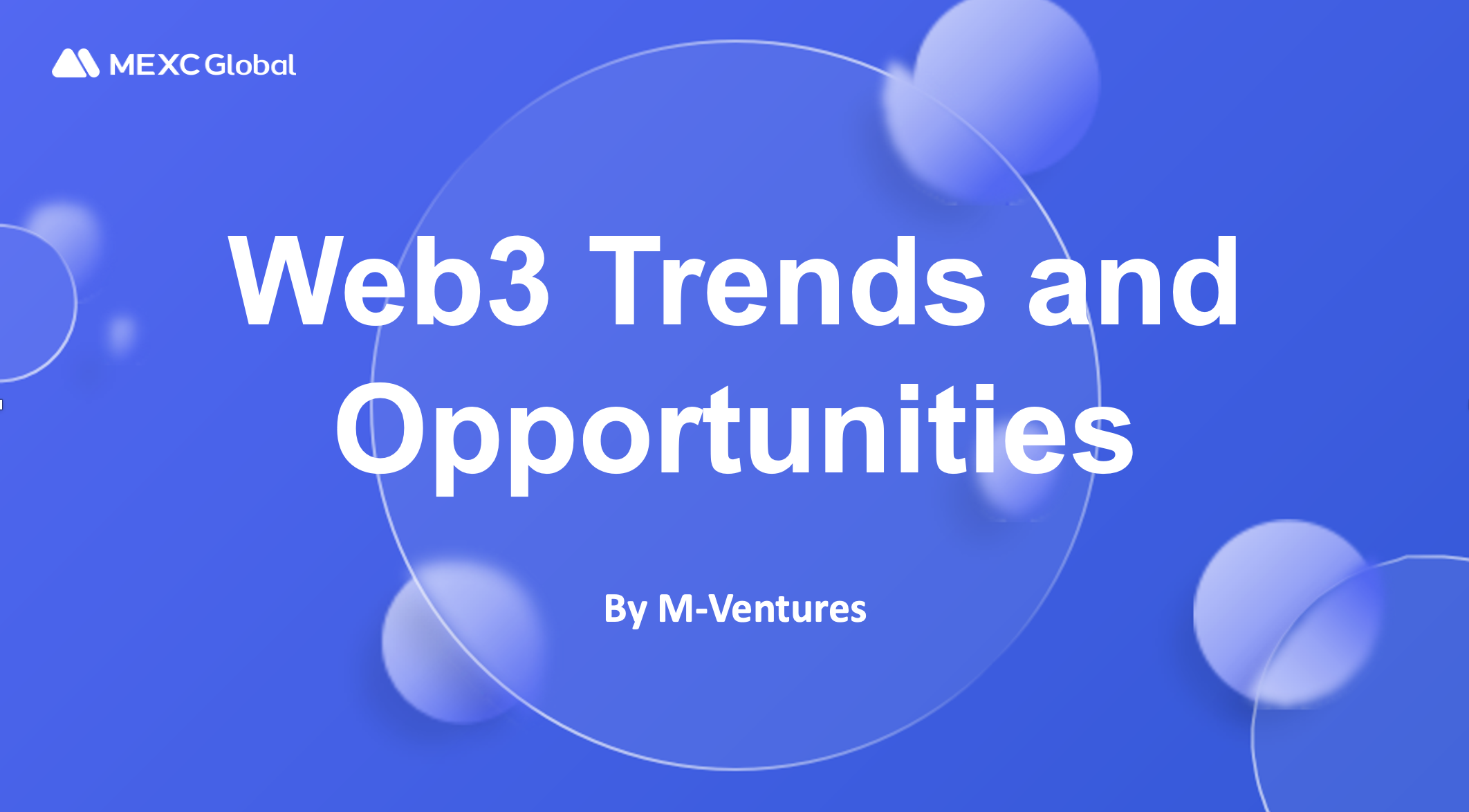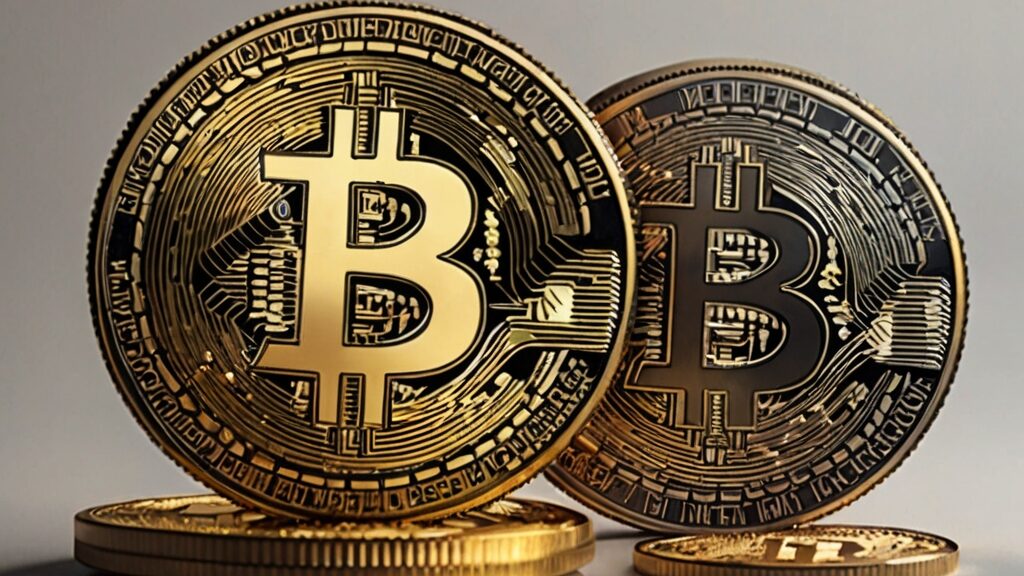There are a lot of articles or opinions on social media that have termed the blockchain industry a “Scam” as a result of various rug pulls, scam projects, and the latest FTX scandal.
When the word “Blockchain” is mentioned, many people’s brain clicks on cryptocurrency. This is not surprising as the cryptocurrency aspect of blockchain technology is more pronounced.
However, it’s important to state that Blockchain and cryptocurrency are two different concepts. Cryptocurrency is a subset of the advancement in Blockchain technology.

What’s the Difference Between Blockchain and Cryptocurrency?
Blockchain is a type of distributed ledger technology (DLT) that uses a chain of blocks to store data across a network of computers. Cryptocurrency is a digital or virtual currency that uses cryptography for security and operates independently of a central bank.
Blockchain is the underlying technology that enables the creation of cryptocurrencies, but the two terms are not synonymous. Blockchain can be used for a variety of purposes beyond just cryptocurrency, such as supply chain management and voting systems.
Data Oracle: One of the Innovations of the Blockchain Industry
Since most of these scams and rug pull happen with crypto, it is important to shed light on other interesting aspects of blockchain technology.
What is a Data Oracle?
A data oracle is a software that connects smart contracts on a blockchain to external data sources. Smart contracts are self-executing contracts with the terms of the agreement between buyer and seller being directly written into lines of code.
Smart contracts can’t access external data on their own, they need to rely on oracles to provide them with the necessary data. The oracle acts as an intermediary, responsible for finding and validating real-world information and delivering it to the smart contract. The oracle can be a trusted third party or a decentralized network of nodes that collectively determine the outcome of a contract.
Why is Data Oracle Important in the Blockchain Industry?
Data oracles are important in the blockchain industry because they allow smart contracts to access and use external data, which enables a wide range of new use cases and applications. Without data oracles, smart contracts would be limited to the data that is stored within the blockchain itself, which would severely limit their capabilities.
Data oracles make it possible for smart contracts to interact with the real world, which opens up many possibilities for various industries. For example, in the finance industry, data oracles can be used to automatically execute trades based on real-time market data. In the supply chain industry, data oracles can be used to track the movement of goods and verify their authenticity. In the insurance industry, data oracles can be used to automatically process claims based on sensor data.
Data oracles also enable the creation of decentralized applications (dApps) that can interact with the real world, which is a key feature of blockchain technology. Decentralized applications can be built on top of blockchains and they rely on data oracles to provide them with the necessary data.
In short, data oracles are important in the blockchain industry as they allow smart contracts to interact with the real world, and enable a wide range of new use cases and applications that can be built on top of blockchain technology.
Use Cases of Data Oracle
There are many interesting use cases for data oracles in various industries. Here are a few examples:
Finance
Data oracles can be used to automatically execute trades based on real-time market data. For example, a smart contract could be set up to automatically buy or sell a certain asset when the price reaches a certain level.
Supply Chain
Data oracles can be used to track the movement of goods and verify their authenticity. For example, a data oracle could be used to provide information about the origin, authenticity, and current location of a product. This can be used to improve transparency and traceability in the supply chain.
Insurance
Data oracles can be used to automatically process claims based on sensor data. For example, a data oracle could be used to automatically process a claim for a car accident based on sensor data from the car.
Gaming
Data oracles can be used to provide game data to a smart contract. For example, a data oracle could be used to provide information about the current state of a game, such as the player’s score, to a smart contract that would then execute a payout for a player who wins.
Real Estate
Data oracles can be used to automate the process of buying and selling real estate. For example, a data oracle could be used to provide information about the title of a property and its ownership, which would enable a smart contract to automatically transfer ownership of the property when the terms of the contract are met.
IoT
Data oracles can be used to access sensor data from the Internet of things devices. For example, a data oracle could provide information about the temperature, humidity, and air quality in a building. It would then trigger actions in a smart contract such as adjusting the heating/cooling system or alerting the maintenance team of issues.
These are just a few examples of the potential uses for data oracles. However, the possibilities are nearly endless as new use cases are being discovered and developed all the time.
Examples of Data Oracles
There are different types of Data oracles in the blockchain ecosystem. I’m going to explain a few of them.
Acurast
The Web3 challenge – accessing reliable, compatible, and accessible data from beyond the blockchain – is one that Acurast has tackled head-on. Through its native interoperability layer, developers now have access to a single abstraction for all their off-chain data needs. This is regardless of the platform they are building for.
By introducing a trusted execution environment (TEE), verifiable on-chain, Acurast boosts security and lowers the trust requirements for both Transmitters and developers. This makes it easier for them to use Acurast Jobs and gain access not only to off-chain price feeds but also to other tasks that can be offloaded.
Computationally intensive tasks that cannot be performed on-chain. These data points are made accessible on the Acurast Protocol and are always verifiable.
One of the key features of Acurast as a data oracle is that it’s interoperable with a lot of protocols like Tezos, Polkadot, Kusama, Cosmos, and NEAR.
Chainlink
Chainlink is a decentralized oracle network that connects smart contracts on blockchain networks to external data sources. It connects external data sources such as APIs, web pages, and other off-chain systems. This allows smart contracts to access data that is not stored on the blockchain. For example, prices of assets, weather data, and other real-world information.
A network of independent node operators powers the Chainlink network. They are incentivized to provide accurate data by earning the platform’s native cryptocurrency, LINK. These node operators use a variety of methods to secure the data they provide. They mainly use hardware security modules (HSMs) and other tamper-proof devices.
Chainlink is designed to be a highly secure and reliable solution for connecting smart contracts to external data. The Chainlink’s oracles are able to provide data from a variety of sources and have robust sybil attack and data tampering protection.
Chainlink is currently used by a variety of decentralized applications and protocols, including prediction markets, decentralized finance (DeFi) platforms, and other blockchain-based systems. It’s being adopted by companies, organizations, and projects looking to use smart contracts with real-world data.
Oraclize
Oraclize is a data oracle service that allows developers to access off-chain data from within smart contracts on the Ethereum blockchain. It uses a combination of off-chain data sources, such as APIs and web pages, and on-chain verification to provide tamper-proof data to smart contracts.
Oraclize uses a technique called “authenticity proofs”. It ensures that the data it provides is accurate and has not been tampered with. These proofs are based on various technologies. For example, it uses secure hardware and cryptographic techniques. This allows Oraclize to prove the authenticity of the data it provides to smart contracts.
Oraclize also uses a reputation system to ensure that the data provided by its oracles is of high quality. Oracles that consistently provide inaccurate data will be penalized, while those that provide accurate data will be rewarded.
Developers can integrate Oraclize into a wide variety of decentralized applications and protocols. For example, prediction markets, decentralized finance (DeFi) platforms, and other blockchain-based systems. Oraclize is designed to be a simple and easy-to-use solution for connecting smart contracts to real-world data.
It’s worth noting that Oraclize is a centralized service that provides data to smart contracts. It’s different from Chainlink and Acurast which is a decentralized oracle network.
Conclusion
In conclusion, 2023 is shaping up to be a pivotal year for the blockchain industry. It has a wide range of unique innovations set to make its mark. From advancements in scalability and security to new applications in areas such as finance, supply chain management, and beyond, there is no doubt that blockchain technology will continue to drive innovation and change across a variety of industries. As technology continues to evolve, it will be important for businesses and individuals to stay informed about the latest developments and trends. This will help us capitalize on the many opportunities that blockchain has to offer.
Personal Note From MEXC Team
Check out our MEXC trading page and find out what we have to offer! You can learn more about crypto industry news. There are also a ton of interesting articles to get you up to speed with the crypto world. Lastly, join our MEXC Creators project and share your opinion about everything crypto! Happy trading!
Join MEXC and Start Trading Today!



